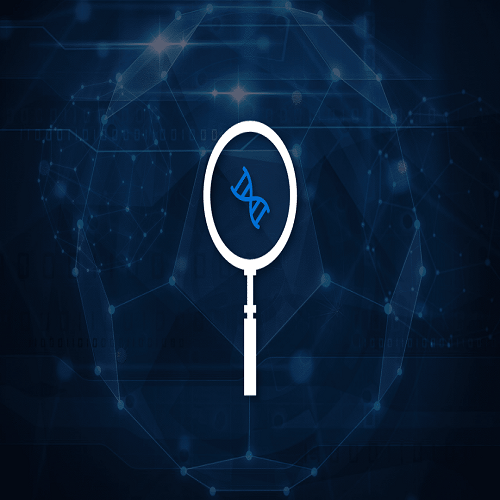 AML Screening Panel (11 Markers Including BCR-ABL, PML-RARA)
AML Screening Panel (11 Markers Including BCR-ABL, PML-RARA)
Why get tested? To help evaluate if a person is suffering from cancer of the myeloid line of blood cells, characterized by the rapid growth of abnormal cells that build up in the bone marrow and blood and interfere with normal blood cells.
Why get tested? To help evaluate if a person is suffering from cancer of the myeloid line of blood cells, characterized by the rapid growth of abnormal cells that build up in the bone marrow and blood and interfere with normal blood cells.
Also known as: Acute Myeloid Leukemia
Description:Leukemia is defined as neoplastic proliferation of abnormal white blood cells (WBCs). These abnormal white blood cells accumulate and interrupt the production of normal and functional WBCs as well as the synthesis of erythrocyctes and platelets resulting in anemia and thrombocytopenia. Myelogenous leukemia is present when myeloid cell lineages such as granulocytes or monocytes are affected but when lymphocytes are affected then lymphocytic leukemia is present. Leukemias are classified into four types: acute myelogenous leukemia (AML), acute lymphoblastic leukemia (ALL), chronic lymphocytic leukemia (CLL) and chronic myeloid leukemia (CML).
AML is a group of hematological diseases, phenotypic and genetically heterogenous characterized by clonal expansion of myeloid precursors with diminished capacity for differentiation. AML represents 15 to 20% of acute leukemia cases in children and 80% in adults. AML is the predominant form of leukemia in neonatal and adult periods but represents a small fraction of cases during infancy and adolescence. AML results from clonal transformation of hematopoietic precursors through the acquisition of chromosomal rearrangements and multiple gene mutations that confer a proliferative and survival advantage and impair hematopoietic differentiation.
Leukemia screening panel consists of detection through screening of various fusion genes such as AML 1-ETO, BCR-ABL, PML-RARA, CBFB-MYH11, NPM1-MLF1, CALM-AF10, DEK-CAN, MLL-AF6, MLL-AF9, MLL-ELL, MLL-PTD.
Reasons for referral:- Fever or chills
- Persistent fatigue, weakness
- Frequent or severe infections
- Losing weight without trying
- Swollen lymph nodes, enlarged liver or spleen
- Easy bleeding or bruising
- Recurrent nosebleeds
- Tiny red spots in your skin (petechiae)
- Excessive sweating, especially at night
- Bone pain or tenderness
Sample Requirement: Whole blood/ Bone Marrow
Test Preparation: No test preparation is needed.
Test Done by: 3500Dx Genetic Analyzer
